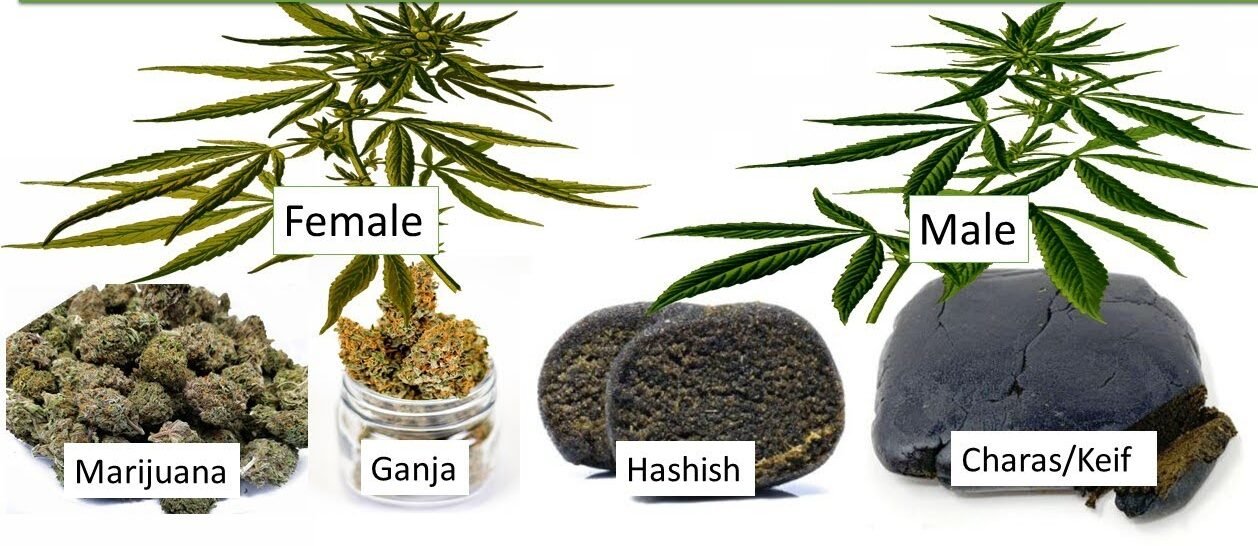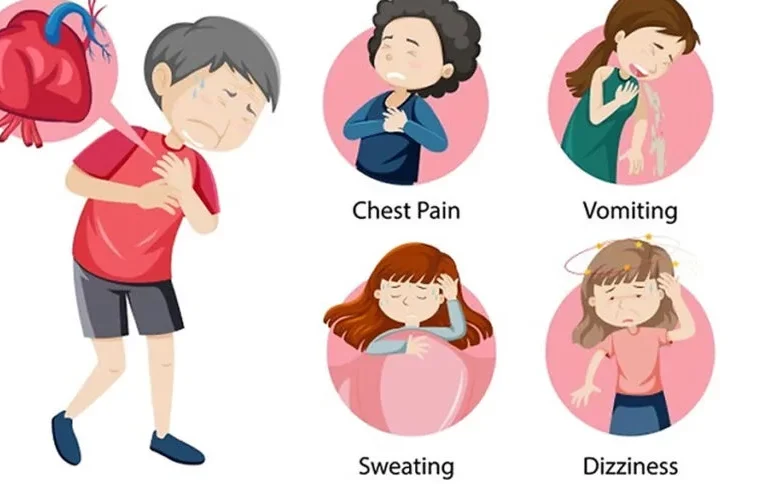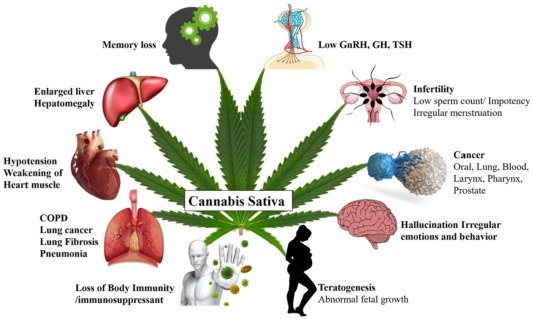Marijuana, commonly known as weed, ganja, or bhang, has been widely consumed for centuries. While many believe it’s a harmless herb with relaxing benefits, the reality is far more complex.
Today, we’re diving deep into how weed affects your brain, body, emotions, and overall life—both positively and negatively.
First-Time Reactions to Weed: Feel-Good vs. Feel-Bad
Positive Effects Some People Experience
If you’ve ever tried marijuana, your first experience may have felt surprisingly pleasant. Many users report:
-
A euphoric or “high” feeling
-
Reduced stress and anxiety
-
Increased focus and mental clarity
-
Heightened sensory perception—music, taste, colors feel enhanced
-
Relaxation and peace of mind
-
A boost in appetite (also known as the “munchies”)
This is why some people enjoy the experience and even use it to unwind or spark creativity.
Negative Effects Others Experience
However, not everyone walks away with a good first impression. Some people feel:
-
Panic or anxiety
-
Paranoia—feeling like something bad is about to happen
-
Increased heart rate and palpitations
-
Sweating, dizziness, or vomiting
-
Breathing difficulty and restlessness
These unpleasant effects can be frightening, especially for first-time users or those with underlying mental health issues.
Why Reactions Differ?
Your response to weed depends on several factors:
-
Dosage: The higher the THC content, the stronger the effects.
-
Method of Use: Smoking gives quicker effects; eating takes longer but can be more intense.
-
First-Time vs. Regular Use: First-timers may have stronger reactions.
-
Environment: Your mental state and surroundings during consumption matter.
-
Willingness: Forced or peer-pressured consumption often leads to bad trips.
-
Genetics: Family history of psychiatric issues may increase negative reactions.
Types of Cannabis and Their Compounds

One Plant, Many Names
-
Bhang/Ganja: Derived from the leaves or flowers
-
Hash or Hashish: Made from the resin
-
Hash Oil: A concentrated liquid form
All come from the Cannabis sativa or Cannabis indica plant. These forms differ mainly in potency based on their THC (tetrahydrocannabinol) levels—the compound responsible for weed’s psychoactive effects.
What is THC?
THC is the main mind-altering compound in marijuana. It interacts with the brain’s cannabinoid receptors and changes how you think, feel, and perceive reality.
-
Bhang/Ganja: THC content is typically 0.5%–5%
-
Hash Oil: Can contain 15%–20% THC or more
The higher the THC, the stronger and potentially riskier the effects.
Toxicity and Overconsumption Risks

Cannabinoid Toxicity: A Real Threat
Some users increase their intake to intensify the high, not realizing the risks. Overconsumption can lead to severe symptoms such as:
-
Acute paranoia or panic attacks
-
Psychotic breakdowns
-
Breathing difficulties due to bronchial spasms
-
Severe nausea and vomiting
-
Dizziness and confusion
-
Heart attack (especially in people with weak hearts)
The feeling is often described as “impending doom”—a terrifying belief that death is imminent.
Once someone experiences this level of toxicity, they often never touch weed again.
The Dangerous Road to Addiction
A False Sense of Security
Many people believe:
-
“Weed helps me focus and feel creative.”
-
“It’s natural and safe—it’s just a plant.”
-
“I can control how much I take.”
-
“It’s used in medicine, so it can’t be harmful.”
These misconceptions lead people down a dangerous path.
The Reality of Long-Term Use
Over time, frequent cannabis use can lead to:
-
Psychosis and schizophrenia
-
Chronic depression and anxiety
-
Cognitive impairment—your thinking, memory, and decision-making skills deteriorate
-
Social isolation—a growing detachment from family and friends
-
Reduced motivation and poor performance in studies or work
-
Paranoia—believing others are out to harm you
-
Dependence—needing weed just to get through the day
Eventually, users begin to rely on weed for basic daily functioning. Without it, they experience irritability, anger, and restlessness.
Weed’s Effects on Male and Female Health
In Men:
-
Lower testosterone levels
-
Reduced sperm count
-
Weakened fertility
In Women:
-
Pregnant women exposed to cannabis (either directly or secondhand) risk giving birth to babies with:
-
Low birth weight
-
Lower IQ
-
Greater risk of cancers in later life
-
Other Health Complications
-
Lung diseases: Like chronic bronchitis due to smoke inhalation
-
Heart risks: Including stroke and heart attacks
-
Psychiatric illnesses: Worsening of anxiety, bipolar, and depression
-
Suicidal thoughts: Especially in teens or those with existing mental conditions
-
Decreased IQ: Even with casual use, especially among adolescents
Life Through the Smoke: A Distorted Reality

When you’re under the influence, it’s easy to believe you’re more insightful, creative, or in tune with the world. But in truth:
-
You’re losing your ability to think clearly
-
Your relationships suffer
-
Your academic or work performance drops
-
You become disconnected from reality
-
Your brain starts depending on the substance
-
Your identity becomes tied to the “high”
And by the time many users realize this, the damage has already begun.
Final Thoughts: Is It Worth the Risk?
Marijuana might offer temporary relaxation or a momentary escape, but at what cost? From psychological breakdowns and physical health issues to shattered relationships and lost potential—weed is far from harmless.
It’s time to move beyond the myths and face the reality. If you’re struggling with cannabis use or seeing someone close to you spiral down that path, don’t hesitate to seek help. Recovery is possible—and so is a life filled with clarity, connection, and real happiness.